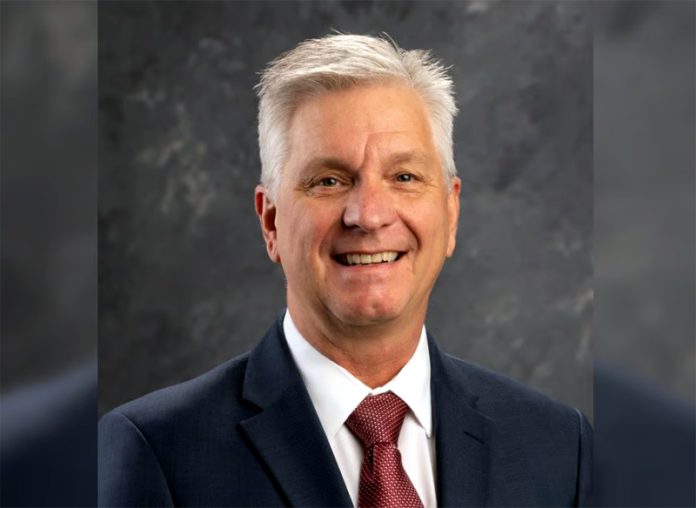MUMBAI, Aug 28 : Days after RBI Governor Shaktikanta Das sought to bring greater efficiency to trans-border transactions, a senior US Fed official on Wednesday said that frictionless cross-border payments will make it difficult to check money laundering and terror funding.
Speaking at the Global Fintech Fest 2024 here, Christopher J Waller, a member of the Board of Governors of the Federal Reserve System, made it clear that “not all frictions that slow payments down are bad”.
The US Fed official overseeing payment systems said slowing down the speed at which payments are cleared and settled helps banks prevent money laundering and counter the financing of terrorism, detect fraud, and recover fraudulent or misdirected cross-border payments.
He said unless new solutions are found, interlinking fast payment systems “might increase” the risk-management burden for banks that participate in them.
Acknowledging that consumers and businesses want cheaper and faster cross-border payments, Waller expressed his reservations.
“I am not entirely convinced that interlinking arrangements will necessarily deliver,” he said.
Delivering a lecture in India’s tech capital Bengaluru on Monday, Das advocated a faster interlinking of domestic payment systems to overcome the concerns of high costs and delays.
“With the emergence of Fast Payment Systems across countries and experimentation around CBDC, new possibilities are opening up to bring in greater efficiency to cross-border payments. Maximum efficiency gains in such initiatives would come from ensuring inter-operability as a key design element,” Das had said.
Waller, however, said that it may not be easier.
“There is no silver bullet that increases speed and efficiency without tradeoffs,” he added.
He said certain frictions are built “purposely” into the global payment system for compliance and risk-management reasons.
The professor of economics said legal, compliance and operational considerations will have to be looked at, along with governance, oversight, data privacy and settlement arrangements when thinking about interlinking.
He said the right incentives for the sender in a cross-border payment is essential, and also conceded that it exists in remittances.
However, these are very small value transactions, he said, wondering whether the senders need to be incentivised at all.
“We need to ask ourselves whether banks would find a central bank interlinking service more effective than their existing arrangements for cross-border payments, and if they would actually use it,” Waller said.
He also made it clear that having strong domestic networks is a necessity before one can embark on interlinking and added that the US Fed’s system will take two years to be ready.
The senior US Fed official also said the Silicon Valley Bank episode is behind, and the banking system in the world’s largest economy is “fine” now.
“We had a banking crisis in March 2023, Fed reserve stepped in to set up a landing facility, and that has calmed down, and we were able to close that facility in March of this year. That’s our confidence that everything in the banking system is fine,” he told reporters. (PTI)


